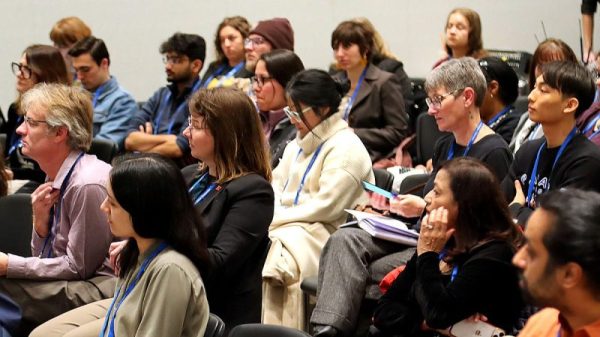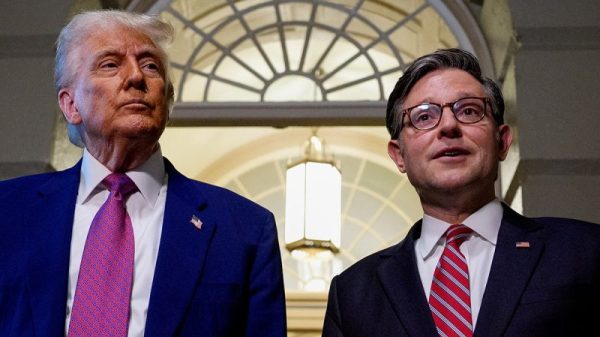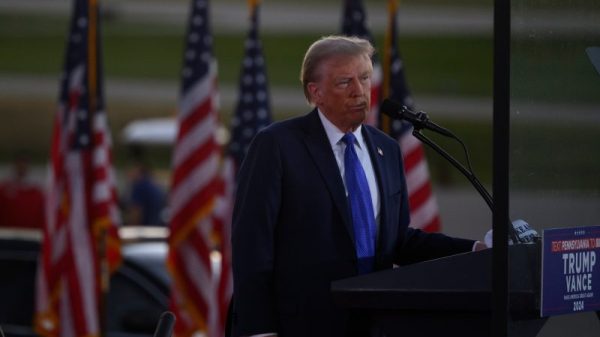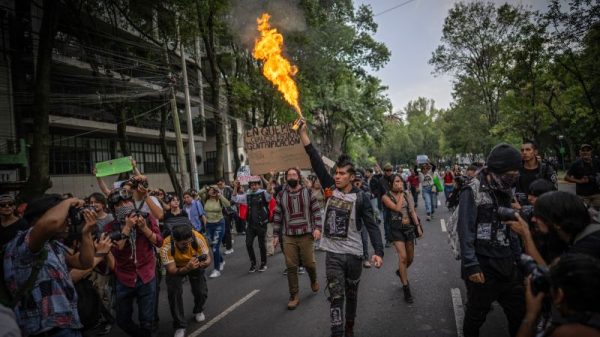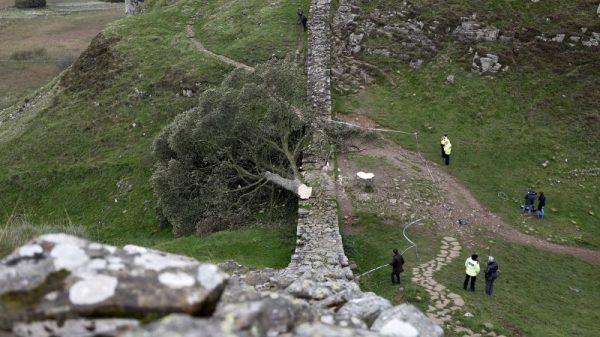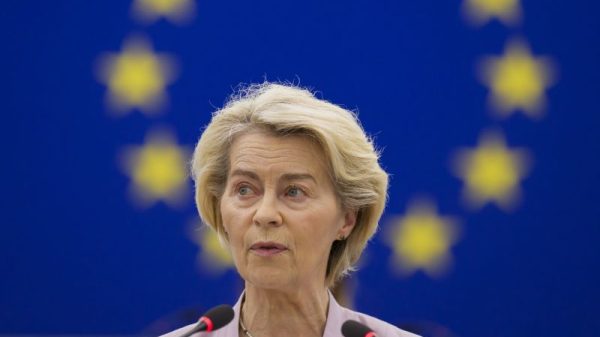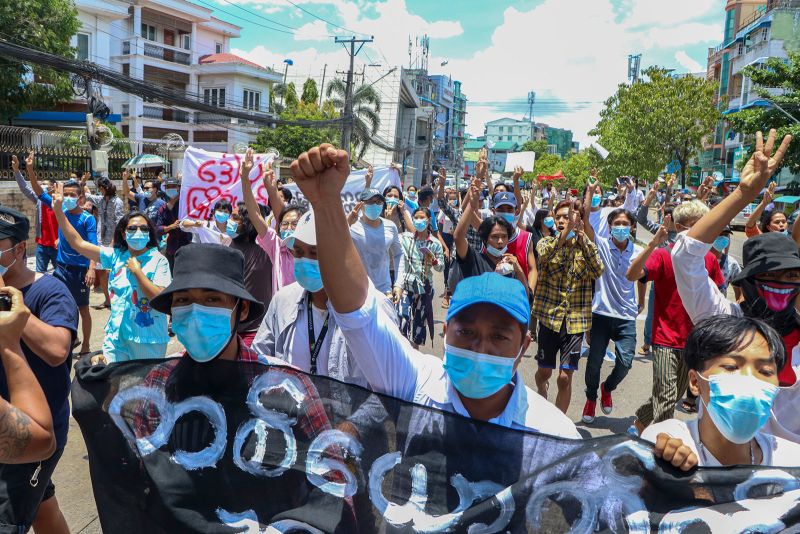For the past decade, China has consistently ranked last in the world for internet freedom due to its all-pervading online surveillance and content control system dubbed the “Great Firewall.”
But a new report out Wednesday shows that internet freedoms in China’s neighbor Myanmar are now just as lacking.
The report from Freedom House, a US government-funded NGO, found that global internet freedom has declined for the 14th consecutive year. China and Myanmar ranked joint last for 2024, with a score of nine out of 100.
Since seizing power in a 2021 coup, Myanmar’s military junta has violently cracked down on dissent, imposing restrictions on online access and speech including widespread internet shutdowns, and built “a mass censorship and surveillance regime,” said the authors of “Freedom on the Net 2024: The Struggle for Trust Online.”
The report points to censorship technology introduced in May that blocked most virtual private networks, or VPNs, “cutting residents off from tools they had relied on to safely and securely bypass internet controls.”
Myanmar’s throttling of internet freedoms was designed to “suppress the activities of civilian prodemocracy activists and armed resistance groups,” the report said.
Human rights groups and United Nations experts have long documented evidence to support the report’s claims. In 2022, the UN special rapporteur for human rights in Myanmar said the junta was building a “digital dictatorship” to curtail online freedoms and ramp up surveillance of civilians.
Access to information online was “a matter of life and death for many people in Myanmar,” the UN report found, especially for “those seeking safety from indiscriminate attacks by the military and the millions trying to navigate a devastating economic and humanitarian crisis.”
Meanwhile in China, the Freedom House report found the government has continued efforts to “isolate China’s domestic internet from the rest of the world, blocking international traffic to some government websites and imposing huge fines on people using VPNs.”
In recent years, China’s internet watchdog has stepped up regulation of cyberspace as authorities intensified a crackdown on online dissent. China’s censors have reined in blogs, US search giants, and social media – even regulating “likes” of public posts.
In response to the report, China’s Ministry of Foreign Affairs said Wednesday that “Chinese citizens enjoy all rights and freedoms in accordance with the law.”
Ministry spokesperson Mao Ning said “this so-called report is completely false and has ulterior motives.”
Elsewhere, the report paints a dim view of global internet freedom, with conditions for human rights online deteriorating in 27 out of 72 countries surveyed.
Of those covered by the report, almost 80% of people live in countries where individuals were arrested for posting their political, social, or religious views online. In a record 43 countries, people were physically attacked or killed in retaliation for their online activities, the report found.
It points to Thailand’s strict royal insult laws, that have ensnared hundreds of people in recent years, including one man who was sentenced to a record 50 years in prison in January for social media posts deemed damaging to the king.
The Central Asian nation Kyrgyzstan showed the biggest drop in internet freedoms, according to the report, as President Sadyr Japarov ramped up efforts to silence digital media and suppress online organizing.
Kyrgyz authorities blocked and later shut down investigative media website Kloop “after it reported on an imprisoned opposition figure’s allegations of torture in detention,” the report said.
Conversely, Iceland retained its status as having the “most free” online environment with a score of 94 out of 100.
The report also covers online disinformation campaigns and political interference in the run-up to elections, including harassment of independent researchers and fact checkers.
In the United States, pressure on independent experts “has left people less informed about influence operations ahead of the November elections,” the report said.
False allegations against such researchers “prompted a wave of litigation, subpoenas from top Republicans on the US House of Representatives’ Judiciary Committee, and online harassment aimed at … participants,” which had a “chilling effect,” the report found.













